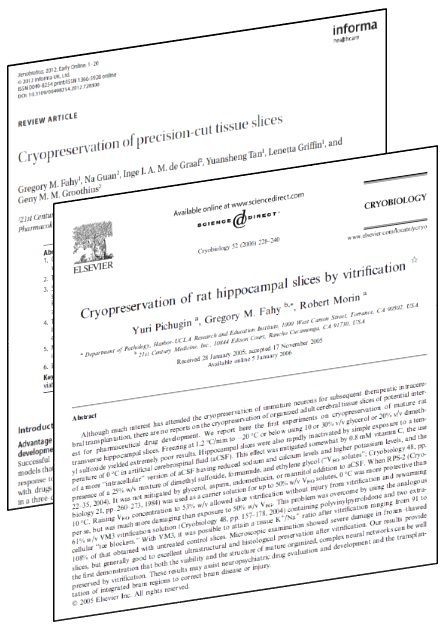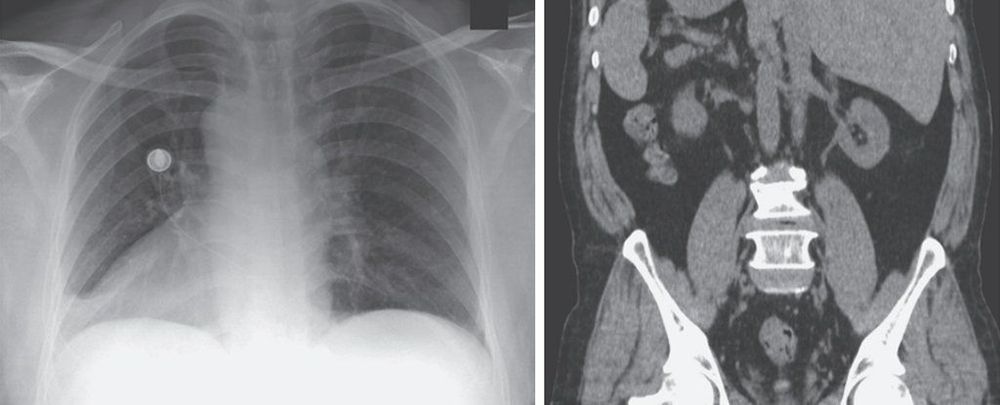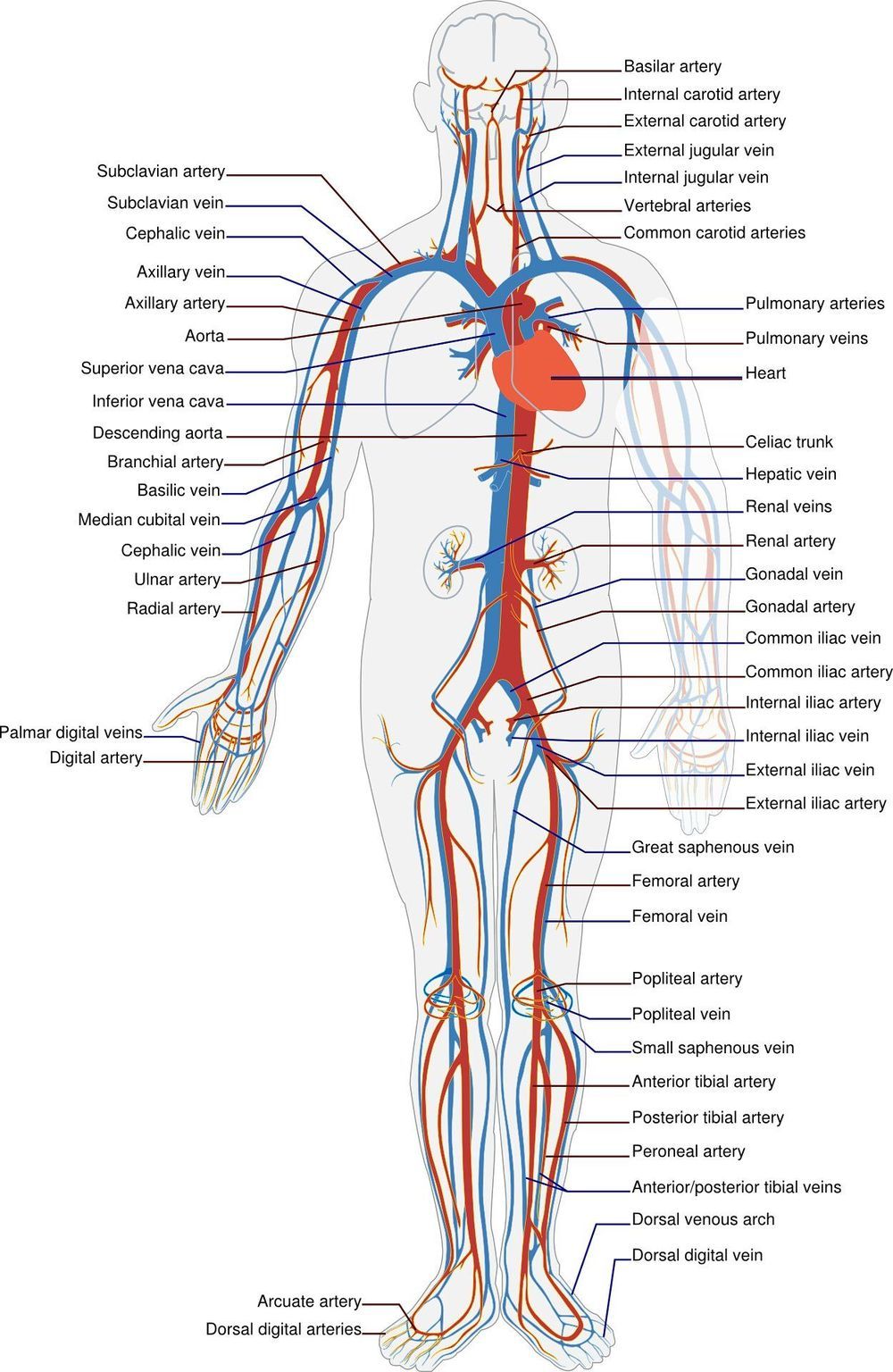21st Century Medicine (21CM) is a cryobiology research company whose core mission is to develop a cryopreservation protocol sufficiently benign that whole, donated human organs could be vitrified (stored below −130 degrees Celsius without ice formation) and rewarmed when needed for transplantation –an incredibly ambitious goal that has so far eluded medical researchers. 21CM’s scientists are the original pioneers of whole organ vitrification and have been diligently working on the technique for decades. A significant milestone of their progress toward that goal is their demonstration work on rabbit kidneys. Two of their most relevant publications are “Cryopreservation of organs by vitrification: perspectives and recent advances” (Fahy, Wowk, Wu, Phan, Rasch, Chang & Zendejas 2004) and “Physical and biological aspects of renal vitrification” (Fahy, Wowk, Pagotan, Chang, Phan, Thomson & Phan 2009). These papers are a fantastic resource for anyone interested in just how difficult it is to cryopreserve large organs (and by extension whole animals) for long-term storage with the intent on later recovery of biological function. In short, it is incredibly difficult but progress is slowly being made.
The state-of-the-art whole organ vitrification techniques developed by 21CM are the basis of the human cryopreservation protocols used by some cryonics companies (e.g. Alcor). This is made clear in Alcor’s 2004 publication in the New York Academy of Sciences “The Arrest of Biological Time as a Bridge to Engineered Negligible Senescence” (Lemler, Harris, Platt & Huffman 2004).
21CM has been an official competitor in our Brain Preservation Prize competition since 2012. They actually have two separate preservation techniques competing for our prize: the “straight” cryopreservation\cryonics technique described on this page, and a radically new technique called “Aldehyde Stabilized Cryopreservation” (ASC), described on a separate page,which they developed to overcome the “tissue shrinkage” issues described on this page and to optimize ultrastructure preservation at the expense of viability.








